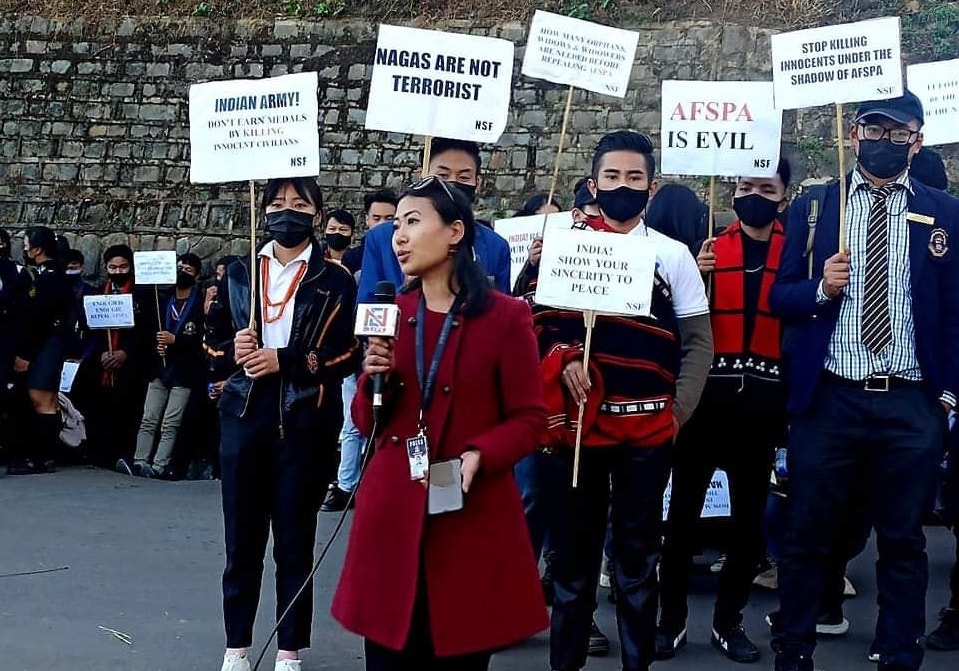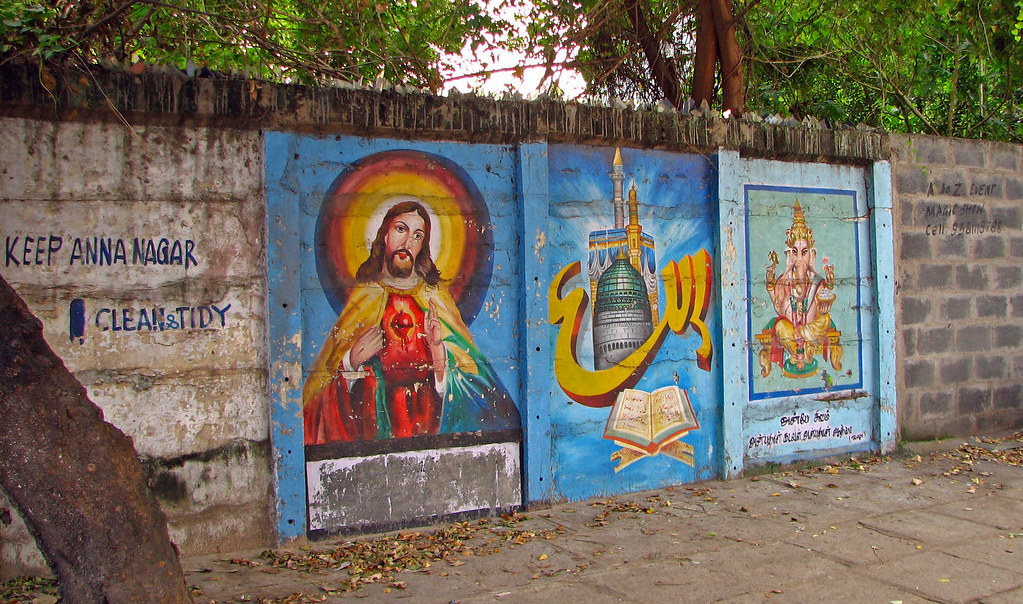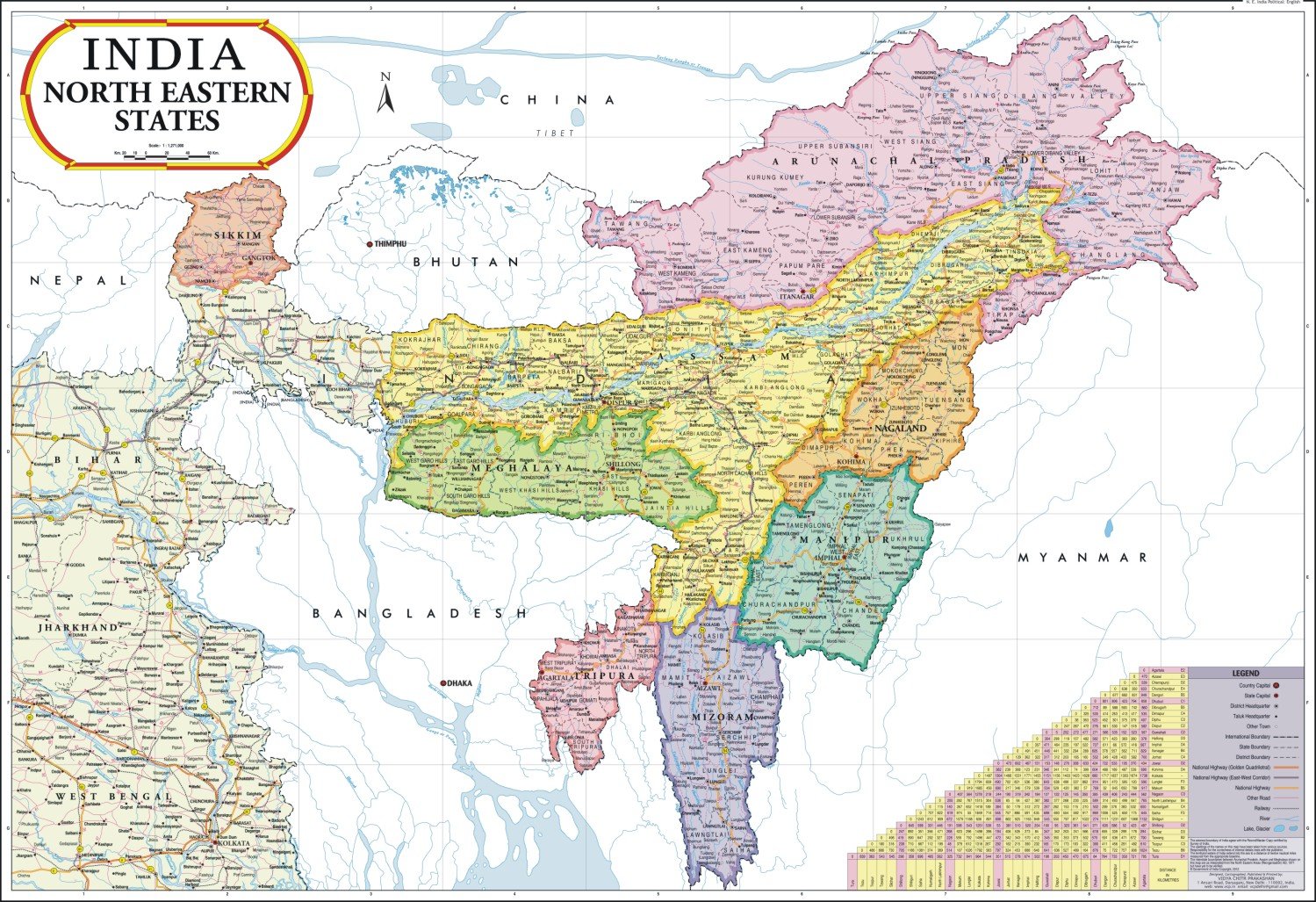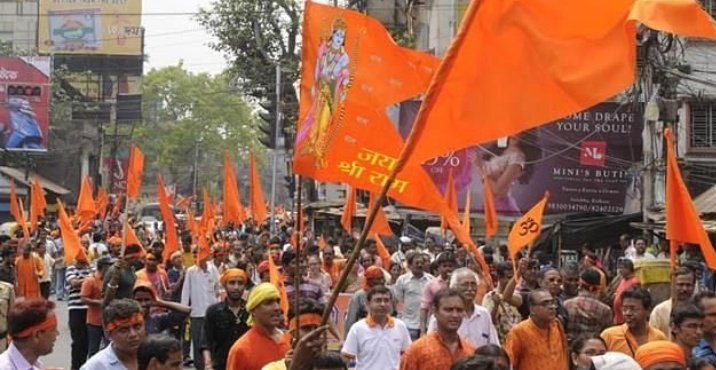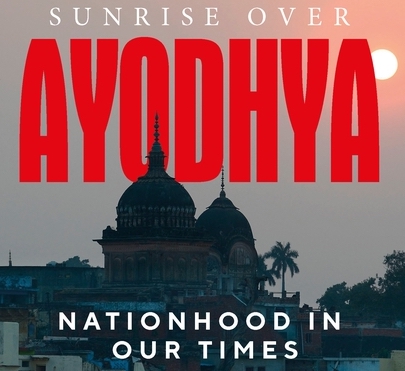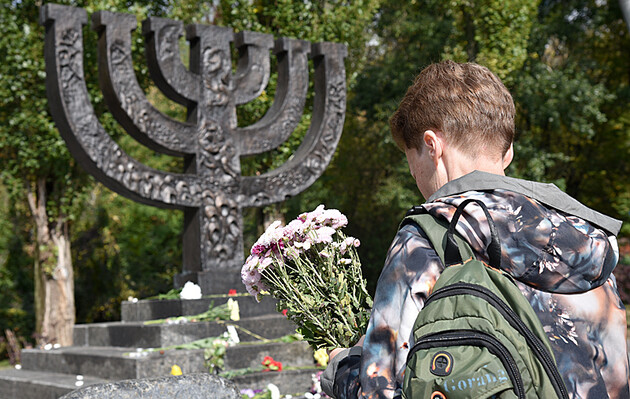
Fascist pseudo-anti-fascism: Moscow’s propaganda offensive
Russia announced plans to host an international “Anti-Fascist Conference“—with hideous irony, on the same day its forces bombarded a Holocaust memorial site in Kyiv. The surreal announcement came from Defense Minister Sergei Shoigu, who said Moscow will hold the conference in August, in conjunction with an arms expo sponsored by his ministry. Among the invited countries are China (accused of genocide in Xinjiang), India (now emulating China’s mass detention policies), Pakistan (a fast-consolidating police state), Saudi Arabia (similarly moving toward a mass detention state), the UAE (a burgeoning police state), Azerbaijan (accused of war crimes in last year’s war with Armenia), Uzbekistan (an entrenched dictatorship), and Ethiopia (accused of crimes against humanity in the Tigray war). (Photo of Babi Yar memorial in Kyiv via Kharkiv Human Rights Protection Group)





